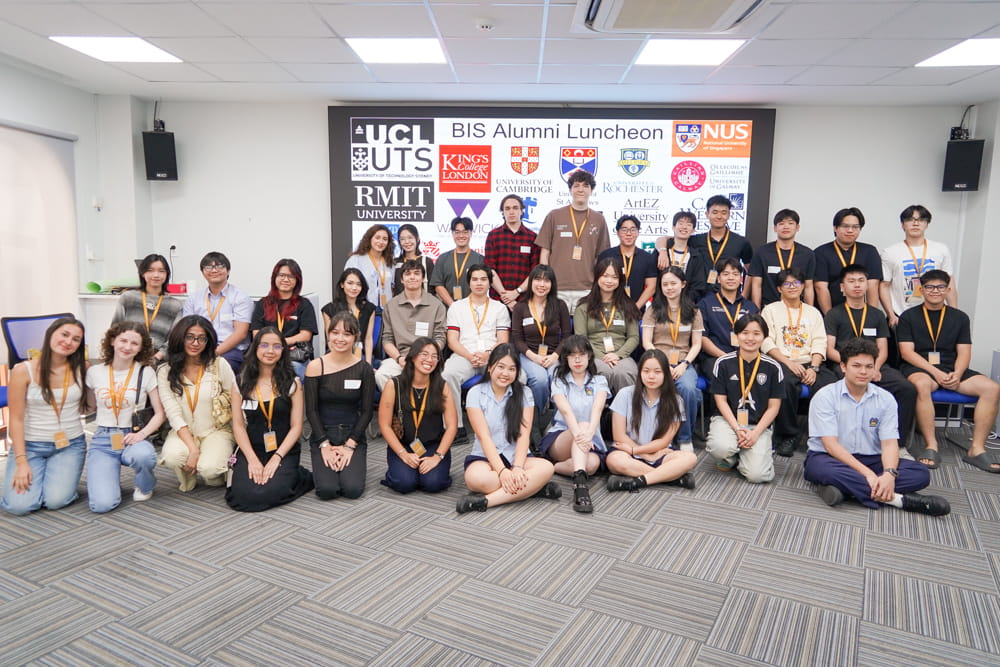The importance of talk Ms Shaheena Pall discusses how talking can stimulate your child's cognitive development.
"Language is the main vehicle by which we know about other people’s thoughts, and the two must be intimately related.” (Pinker)
Talk for stimulating children’s cognitive development has been researched widely in the fields of development psychology, linguistics and education (Pinker, 2007; van Obers, Elbers, van der Veer & Wardekker 2008; Whitbread, Mercer, Howe and Tolmie, 2013). These studies conclude that an education system with talk at its heart benefits children socially, emotionally and cognitively. It is in fact the most natural way to develop higher order thinking skills as well as listening and responding to others, turn taking and communicating thought with clarity.
Much of the research on talk and cognition is based on Vygotsky’s theoretical framework that social interaction plays a fundamental role in the development of cognition. Furthermore, language acquisition is crucial to cognitive development. Vygotsky (1978) states: “Every function in the child’s cultural development appears twice: first, on the social level, and later, on the individual level.” Through speech and interaction, we learn to reason and develop our own self of being and consciousness. In short, children learn to express their emotions, thoughts and opinions through dialogic exchanges or conversations.
Dialogic and Extended Talk
In the classroom, ‘Dialogic talk' is where both teachers and pupils make substantial and significant contributions. It is through this kind of talk that students' thinking on a given text, idea or theme is moved forward by employing group talk and creating cognitive challenge. These conversations have “the greatest cognitive potential for pupils, whilst at the same time demanding the most of teachers” (Lyle, 2008). It is where teachers become the facilitators and mediators of talk and thought; it can be as simple as having a discussion question as a lead-in.
Dialogic Talk in Practice
Programmes like Let’s Think in English, based on the principles of Cognitive Acceleration and rooted in Vygotsy’s theoretical framework, develop dialogic talk, conversational turns, language and metacognition. Let’s Think in English “inducts children in to ways of thinking and understanding through the medium of dialogue. Children’s talk, if we promote it, explore it, extend it, gives us an X-ray into their current understanding. Skillful adult dialogue can scaffold existing understanding and support children to work through challenge to promote development. Since the work of Douglas Barnes in the 1980s, working with Vygotskian theory, we know that children can also stimulate and scaffold the development of understanding for each other.” (Walsh, 2019)
Our own experience at the British International School Ho Chi Minh City, where fortnightly oral based Let’s Think in English lessons have become embedded in our English curriculum, shows that children become confident speakers and good listeners with the ability to respond to and engage in a range of interactive situations. They are also transferring these skills to other areas of their learning. We have seen how students’ oral ability develops and they gain confidence in discussions. Furthermore, our data shows a year on year improvement in reading and writing; there have been significant gains in range of language and grammatical structures.
Please click here to speak with an Admissions Officer and learn more about our enhanced English curriculum at the British International School Ho Chi Minh City.
Shaheena Pall, Let's Think in English Lead








